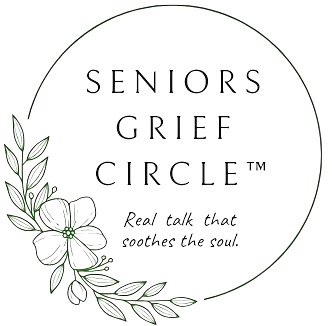The passing of a parent or life partner often amplifies emotions for everyone in the family. In the midst of grief, family conflicts can arise causing additional emotional turmoil for all family members. Navigating these conflicts requires a delicate balance of compassion, trust and open communication.
Here are some insights into common conflicts among family members and strategies to foster harmony during a challenging time.
Inheritance Disputes: A Really Delicate and Sensitive Conversation
Conflicts typically emerge concerning inheritance, sparking disagreements among siblings or between the surviving parent and children. There could be arguments over the Will – locating it, reading it, challenges to it and much more. Open communication is absolutely crucial. The idea is to engage in calm and honest dialogue with the surviving parent stepping up to equitably manage sibling dynamics to the best of their ability. The surviving parent, or adult children can seek help from another family member or a trusted friend to bridge any communication gaps. If necessary, take steps to seek legal advice to ensure clarity and fairness.
Decision-Making Dilemmas: Unity in Choices
Disagreements about funeral arrangements, property management, care of the surviving parent or other important decisions can create tension. Foster unity by involving all family members in the decision-making process in a clear and transparent manner. Respect each person’s input. Find compromises that honor everyone’s wishes.
Unequal Responsibilities: Fair Distribution of Tasks
Balancing responsibilities among siblings or family members can be challenging. Define roles and responsibilities clearly, taking into each person’s abilities and availability. Be mindful of the fact that each person is grieving the loss of that family member too and might not be emotionally ready to take on certain tasks. Encourage open communication to address concerns and ensure a fair distribution of tasks.
Grieving Styles: Respecting Individual Journeys
Grieving is a deeply personal experience, and family members may cope differently. Recognize and respect individual grieving styles, fostering an environment where each person feels valued and supported without judgment. Encourage open conversations about feelings and needs.
Communication Breakdowns: Bridge Gaps with Empathy
Communication can breakdown, and it’s quite common among families. Unfortunately, these breakdowns can exacerbate conflicts. Foster empathy and understanding by actively listening to each other’s perspectives. Encourage family members to express their emotions and concerns openly, creating a space for trust and mutual understanding.
Unresolved Past Issues: Addressing Underlying Tensions
Family conflicts, including sibling rivalry or parental favoritism of one adult child over another, often have roots in unresolved issues. With the passing of one parent, the family dynamics will shift and there will be a void felt by the deceased parent. Use this challenging time as an opportunity for healing, not further division. Encourage family members to address underlying tensions with empathy, seeking resolution and understanding for the sake of the family’s collective well-being.
Professional Mediation: Guided Conversations
If conflicts persist or communication channels break down, consider professional mediation. A neutral mediator can help family members express their concerns and find mutually agreeable solutions, thereby promoting guided conversations and harmony during a tumultuous period.
Without question, family conflicts after the loss of a parent or life partner are challenging. But they are navigable. By fostering open communication, respecting individual grieving styles and addressing underlying tensions with empathy, families can minimize emotional turmoil and cultivate an environment of support during this delicate time.
Need some help with a challenging family situation? Reach out here to book at 1:1 coaching call. Or join the Seniors Grief Circle. A monthly membership gives you access to all podcast episodes, a private Facebook community, online resources, a monthly newsletter and much more. See you on the inside 😊

